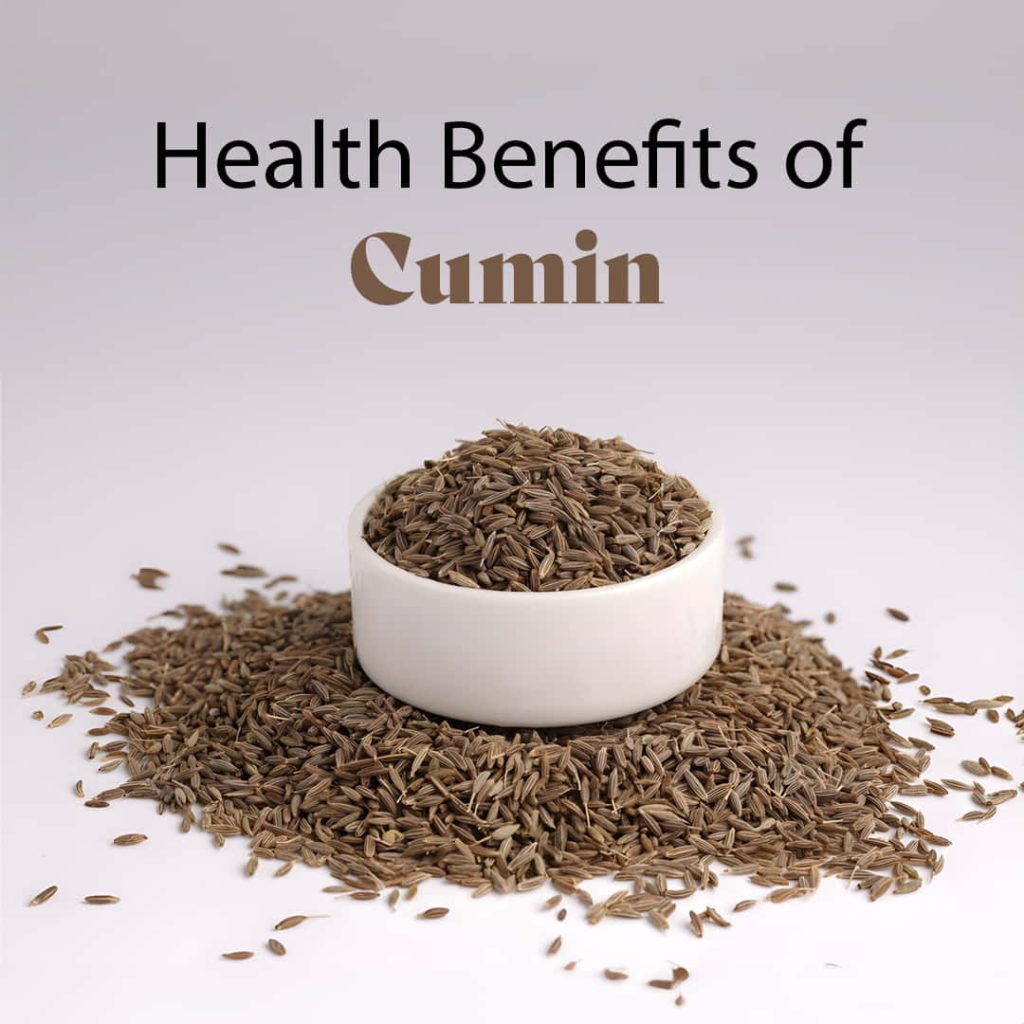Have you ever wondered about the power hidden in your spice cabinet? Natural spices are not just for adding flavor to your meals; they come with a plethora of health benefits. One such spice is cumin. Known for its distinctive aroma and taste, cumin is a staple in various cuisines around the world. But beyond its culinary uses, cumin is packed with health benefits that can significantly enhance your well-being.
What is Cumin?
Cumin, scientifically known as Cuminum cyminum, is a flowering plant in the family Apiaceae. Its seeds are used as a spice. Cumin has been used since ancient times and was highly prized by civilizations such as the Egyptians, Greeks, and Romans for its flavor and medicinal properties.
Nutritional Profile of Cumin
Cumin is a nutritional powerhouse. It is full of vitamins and minerals, including vitamin A, vitamin E, vitamin C, B-complex vitamins, iron, calcium, magnesium, and potassium. Despite their small size, cumin seeds pack a significant nutritional punch with relatively low caloric content, making them an excellent addition to a healthy diet.
Cumin as a Digestive Aid
One of cumin’s most well-known benefits is its ability to aid digestion. Cumin stimulates the production of digestive enzymes, which help break down food and enhance nutrient absorption. It can also help reduce bloating and gas, making it a popular choice for those with digestive issues.
Antioxidant Properties of Cumin
Cumin is rich in antioxidants, compounds that help fight free radicals in the body. Free radicals can cause oxidative stress, leading to chronic diseases like heart disease, cancer, and diabetes. By combating these free radicals, cumin helps prevent these conditions and maintain overall health.
Cumin and Immune System Support
Cumin is also known for its immune-boosting properties. It contains antioxidants and essential oils that have antibacterial and antifungal effects, helping the body fight off infections. Regular consumption of cumin can thus strengthen the immune system and keep illnesses at bay.
Heart Health Benefits
Heart disease is one of the leading causes of death globally, but incorporating cumin into your diet can help maintain a healthy heart. Cumin helps lower bad cholesterol (LDL) levels and improves good cholesterol (HDL) levels. It also aids in regulating blood pressure, thus reducing the risk of heart disease.
Cumin for Weight Loss
Are you trying to shed some pounds? Cumin can be your ally in weight loss. It enhances metabolism, allowing your body to burn calories more efficiently. Additionally, cumin helps control appetite, making it easier to stick to a healthy diet and avoid overeating.
Blood Sugar Regulation
Cumin can benefit people with diabetes or those at risk of developing it. It has been shown to improve insulin sensitivity and help regulate blood sugar levels, making it a valuable spice for managing and preventing diabetes.
Skin Health Benefits
Cumin’s antimicrobial properties make it excellent for skin health. It can help prevent bacterial and fungal infections. Additionally, the antioxidants in cumin contribute to a healthier, more radiant complexion by fighting free radicals that cause skin aging.
Cumin and Respiratory Health
Cumin can alleviate respiratory issues like asthma and bronchitis. The spice has expectorant properties, which help loosen up phlegm and mucus, making it easier to breathe.
Cognitive Benefits
Maintaining cognitive health is crucial, especially as we age. Cumin has been found to enhance memory and concentration. Its neuroprotective properties help in protecting brain cells from damage, potentially reducing the risk of neurodegenerative diseases like Alzheimer’s.
Incorporating Cumin into Your Diet
How do you get more cumin into your daily diet? It’s easier than you think. Cumin can be used in various culinary dishes, from curries and soups to stews and salads. Cumin supplements are also available for those who prefer a more concentrated form. Just make sure to consult with a healthcare provider before starting any new supplement regimen.
Conclusion
Cumin is more than just a spice—it’s a powerful natural remedy with a multitude of health benefits. From aiding digestion to boosting immunity, enhancing heart health, and even supporting cognitive functions, cumin proves to be an invaluable addition to your diet.
FAQs
What is the best way to consume cumin?
The best way to consume cumin is by adding it to your meals. You can sprinkle ground cumin on your dishes, use whole seeds in cooking, or steep them in hot water to make cumin tea. Cumin supplements are also available for a more potent effect.
Are there any side effects of consuming cumin?
Cumin is generally safe when consumed in moderate amounts. However, in large doses, it may cause digestive issues such as heartburn or indigestion. Pregnant women and individuals on certain medications should consult their doctor before consuming large amounts of cumin or taking cumin supplements.
Can cumin help with menstrual cramps?
Yes, cumin has anti-inflammatory properties that can help reduce menstrual cramps. It can be consumed as a spice in food or as a tea to relieve pain and discomfort associated with menstruation.
Is cumin safe during pregnancy?
Cumin is safe in small amounts as a culinary spice during pregnancy. However, consuming large amounts or taking cumin supplements is recommended when consulting a healthcare provider, as it may have adverse effects.
How does cumin compare to other spices in terms of health benefits?
Cumin holds its own when compared to other spices. It has a unique combination of digestive, antioxidant, anti-inflammatory, and antimicrobial properties that make it a valuable addition to a healthy diet. While other spices like turmeric, ginger, and cinnamon also offer significant health benefits, cumin’s specific benefits for digestion and metabolism are particularly notable.

